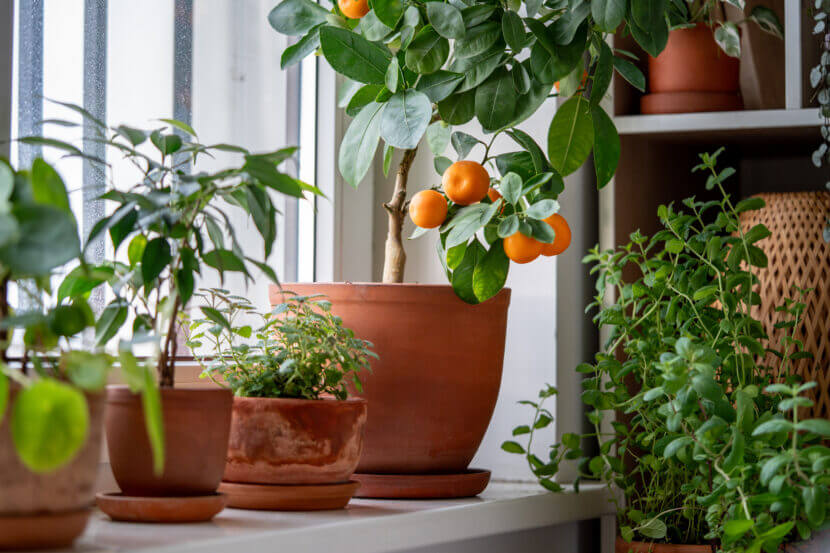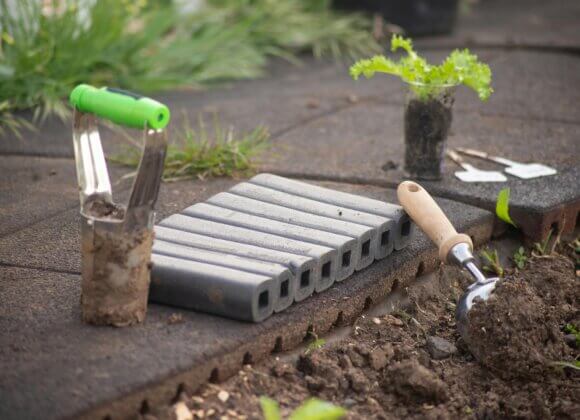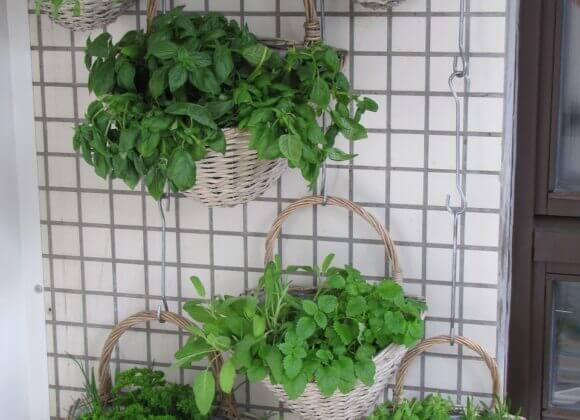Most potted plants prefer a suitable winter habitat to being outdoors. Ludwig Starkl jun. knows what is important when overwintering potted plants.
Autumn and winter are gradually flexing their muscles: The days, but above all the nights, are becoming increasingly cooler and will soon be colder. This in turn means that some potted and container plants should be moved from the balcony, patio or garden to winter quarters. “Citrus plants, for example, no longer feel comfortable outdoors at temperatures below freezing, but already at plus five degrees,” says master gardener Ludwig Starkl Jr. Oleander or olive trees, on the other hand, are a little more robust and can tolerate slightly below freezing temperatures.
The ideal winter quarters
“Ideally, you should try to imitate the conditions in the country of origin: That means it’s between three and ten degrees plus at the location, it’s bright and you sometimes have high humidity,” advises Starkl. Only rarely can all of these conditions be met; there are usually compromise solutions. “Ideally, you should put the plants in the brightest and coolest place you have,” says Starkl.
Incidentally, potted and tub plants that keep their leaves in winter need light in particular. If they have to move into a dark cellar or garage, they lose their leaves. “In most cases, very thin, light-colored shoots then grow towards the light. The plant must therefore be cut back in spring. This causes them to lose volume, leaf mass and ultimately energy,” warns Starkl. In addition, they would then react to the first rays of sunlight with sunburn. Incidentally, using daylight lamps in the cellar is no substitute for daylight.
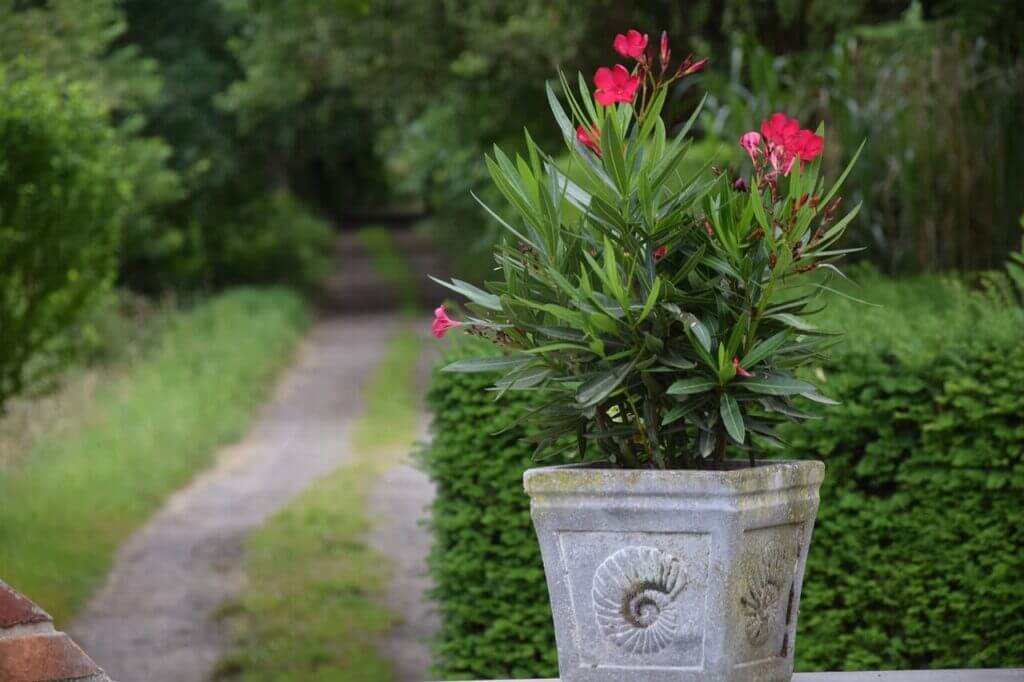
Overwintering potted plants in the cellar?
Potted and tub plants that shed their leaves, such as angel trumpets and fuchsias, can also spend the cold season in the cellar. However, it should not be completely dark. Just like plants in brighter locations, basement dwellers also need to be watered from time to time. “You should therefore check at least once a month whether the soil balls are still slightly damp,” advises Starkl. However, regular checks are essential to detect pests or diseases in good time.
Which plants overwinter outdoors?
However, there are potted and tub plants such as roses, hardy grasses, funkia or boxwood that can certainly overwinter outdoors. A sheltered location and good winter protection are helpful here. This is because they – or the root ball – are more sensitive in a pot than when planted out. Especially if the pot is rather small. In view of this, the pot should be well wrapped, for example with bubble wrap, coconut or sheep’s wool mats or jute sacks. In the case of standard roses or figs, for example, the crowns should also be protected from the cold. The pots can be placed on wooden disks to absorb the cold rising from the ground.
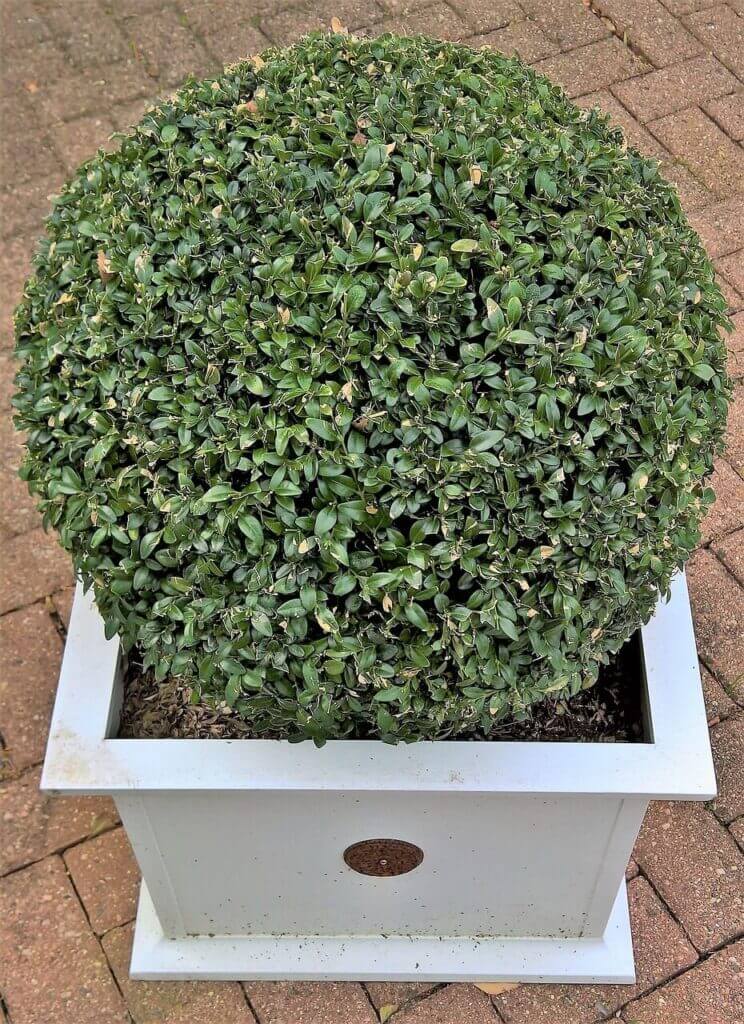
But there is one thing you should not forget: If there is no rainfall, the plants should be watered occasionally in frost-free weather.
Related posts:
So beautifully green – easy-care houseplants


